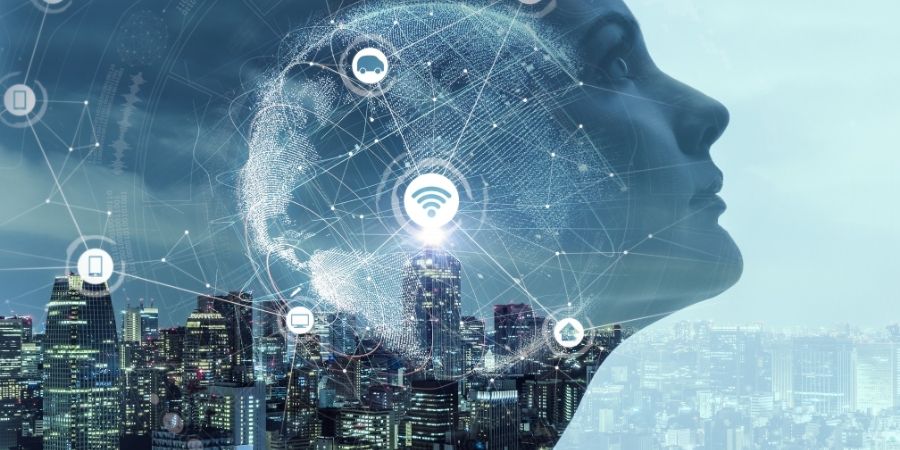
Human life is precious, and it needs to be cherished and protected. One set of technologies is playing a critical role in helping to save lives. Artificial Intelligence (AI) provides humans with a greater chance at having long and happy lives.
Doctors, nurses, and physicians have been put under a lot of pressure over the last 12 months due to the COVID-19 pandemic. Despite extensive training, they are just unable to identify all ailments or medical conditions, and there are always cases of wrong diagnoses and wrong judgment of patients. When we combine this with the treatment of large numbers of critically ill patients, something has to give, and with the most profound regret, in a healthcare environment, that leads to lost lives.
It is not all doom and gloom, however. AI and Machine Learning (ML), a subset of artificial intelligence, is helping doctors identify patients quickly and providing reports to enable doctors to make efficient decisions.
In a COVID infected world, hospitals have been using AI robots and Virtual Reality glasses (VR) to provide contactless examinations, giving physicians the ability to make quicker decisions, to provide a precise diagnosis, helping to fight the Coronavirus in a much better way, and at the same time lowering the ability for doctors to catch and spread the virus from patient to patient. Israel has been at the forefront of this application of AI.
AI has also played a significant part in analyzing and tracking the spread of COVID-19 and investigating the human immune response; AI has played a considerable role in the efforts around the pandemic. An example is how Microsoft has used ML to map COVID-19 immune reactions. This has helped to advance the diagnosis, improve treatment and provide preventative care. AI has also played a critical part in vaccine development, helping speed up the process through super-fast calculations and protein analysis.1 Outside of the hospital environment. When medical emergencies happen, many occur before an emergency vehicle can get to the scene. When every minute is valuable, a one-minute delay can lead to a lost life. AI is being applied in this area to help identify cardiac arrests before they even happen by listening and analyzing what a patient says to determine their current medical state. Corti is making strides with this technology, and statistics seem to show that they can increase undetected cardiac arrests by up to 43%, helping to save lives significantly.2 Corti, a Danish company, suggests that emergency call operators fail to identify up to 25% of cases, losing the opportunity to provide CPR instructions to whoever made the call. With over 350,000 cardiac arrests occurring outside of the hospital environment. Applying CPR in the first few minutes is a life-or-death situation. This technology is substantially increasing survival rates.
In conclusion, AI technologies are being developed rapidly, disrupting all industries. But the maximum impact has been on healthcare; in fact, we just don't realize how far we have come. Many AI applications are built to save time, improve human lives, and even save them. These technologies have jumped forward in the last 12 months, and COVID-19 has contributed to this; AI is fast becoming the superhero of technology. The future is bright.
-
How AI is helping the vaccine rollout - https://www.nasdaq.com/articles/how-ai-is-helping-the-covid-19-vaccine-roll-out-2020-12-09 ↩
-
Corti AI - https://www.corti.ai/research-and-articles ↩



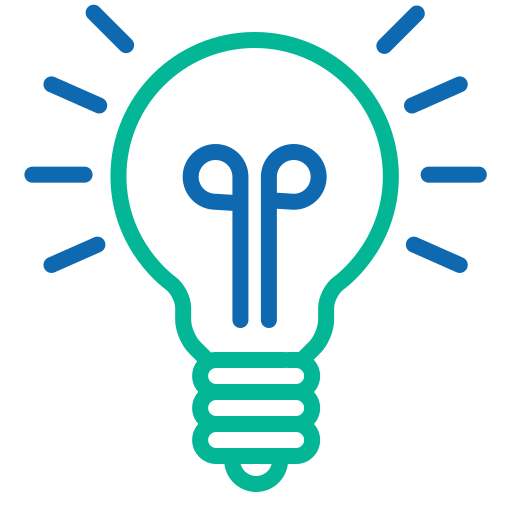
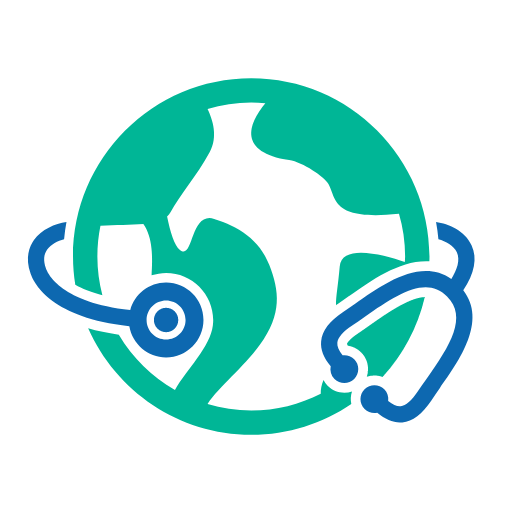



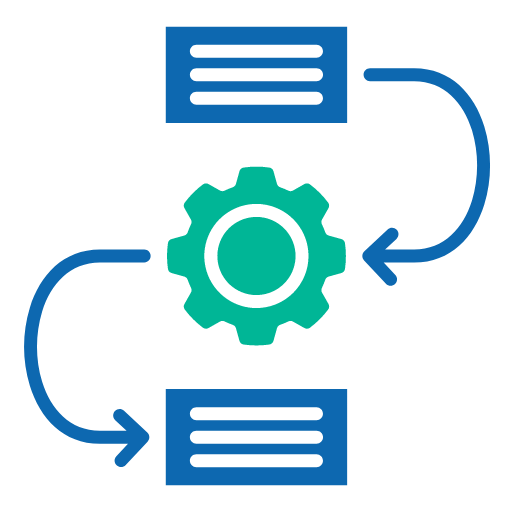


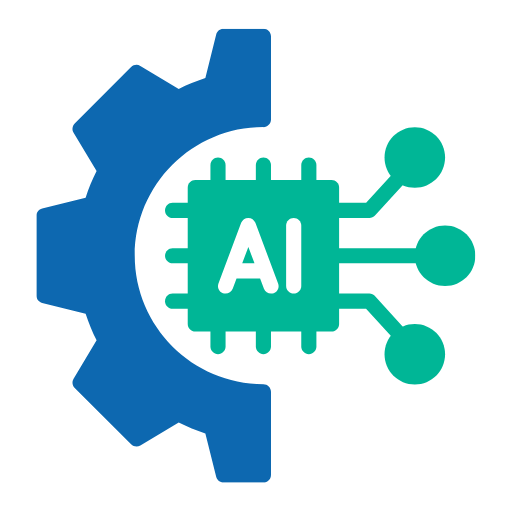









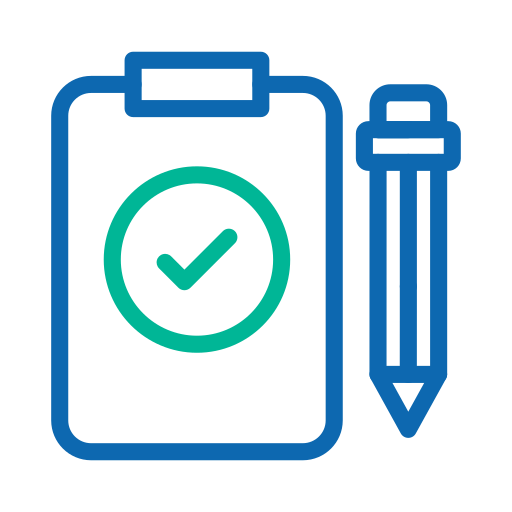
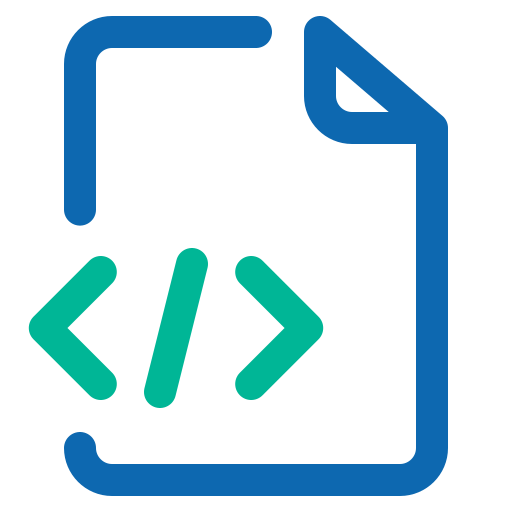
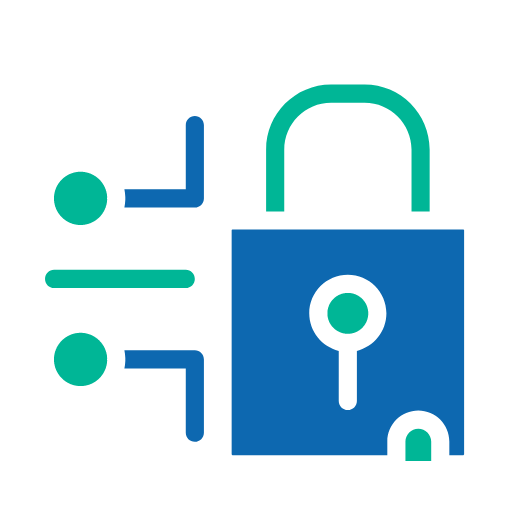

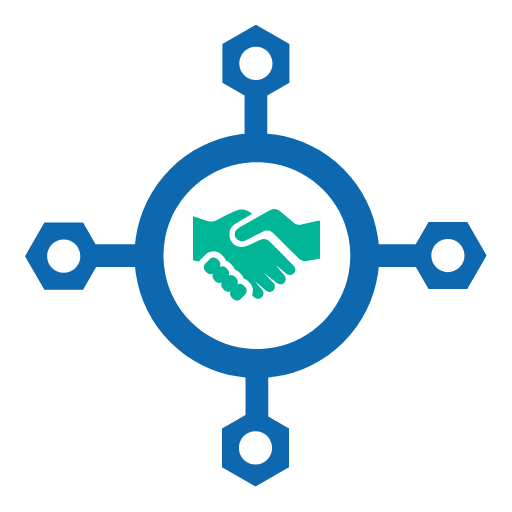

 Batoi Corporate Office
Batoi Corporate Office